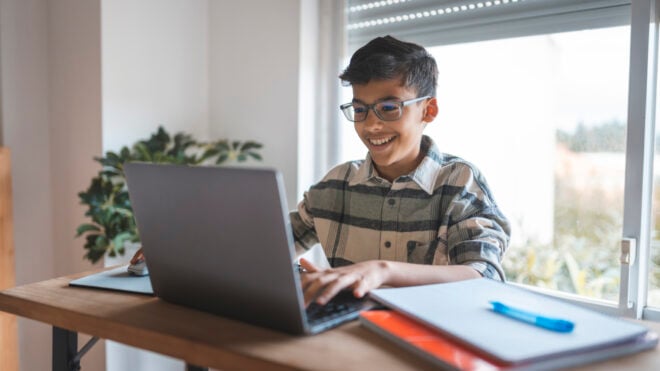Independence Day

From the moment our children are born, we do everything we can to protect them. We guide them through life, watching their every step, ready to snatch them out of the clutches of danger. As they grow older, however, it becomes necessary for us parents to let go, allowing our children to stand on their own and find their place in this world. Of course, that's easier said than done. To help parents through this process, Dr. Fran Walfish, child and family psychotherapist and author of "The Self-Aware Parent," offered 10 tips for giving your child more independence.
Make a Date
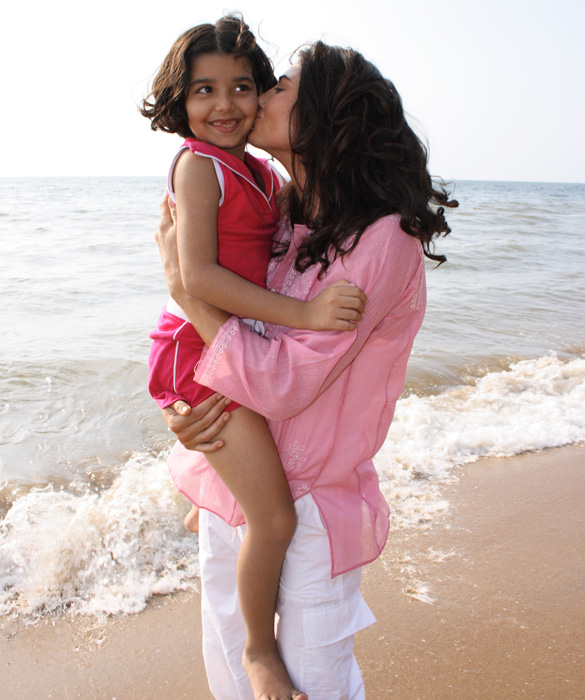
Building a strong relationship with your children is essential in helping them grow into independent young adults. Therefore, Walfish recommends spending one-on-one time with each child from the time they are young and continuing as they grow up. "This is your opportunity to build upon the first year of attachment," she said. "True independence can only come out of a healthy secure bond."
Maintain Balance

Before letting your children have free rein, it's imperative to keep them tethered to you — at least for a little while. "Balance nurturing, setting limits and holding boundaries," Walfish said. "Kids can only become independent if they have been given structure and internal guidelines as foundation." For example, set a curfew for your child, and then extend that curfew as she continues to demonstrate responsibility.
RELATED: 10 Amazing Kid Entrepeneurs
Let Them Vent

Children should be encouraged to express all of their emotions, and this includes anger. "You will help your child develop excellent communication tools that include conflict resolution skills," Walfish said. "Your child needs to know he is acknowledged, validated and accepted — flaws and all." Of course, it's imperative that you let your child vent without sparking your own anger. You want to guide him into a meaningful conversation rather than a meaningless argument.
Raise a Free Thinker
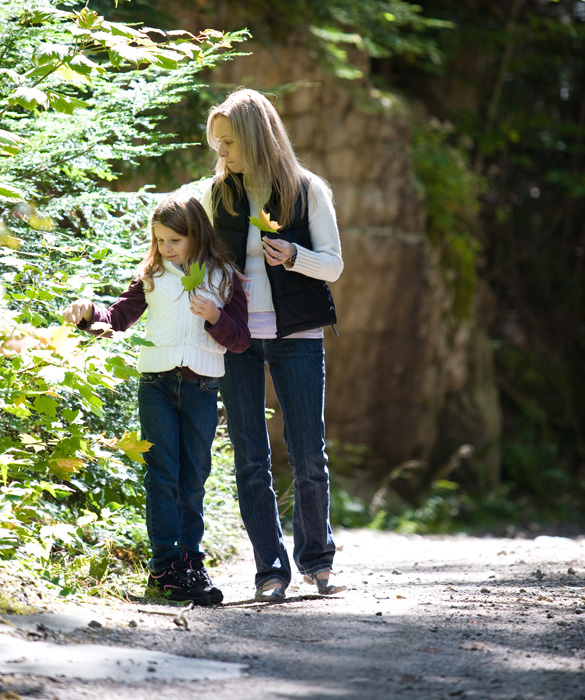
A part of raising independent children is allowing them to grow and expand their minds. "Encourage your child's unique and individual ideas, thoughts and opinions," Walfish said. By doing so, you'll show your children that you see them as young adults who are developing and growing into their own persons.
Build Them Up
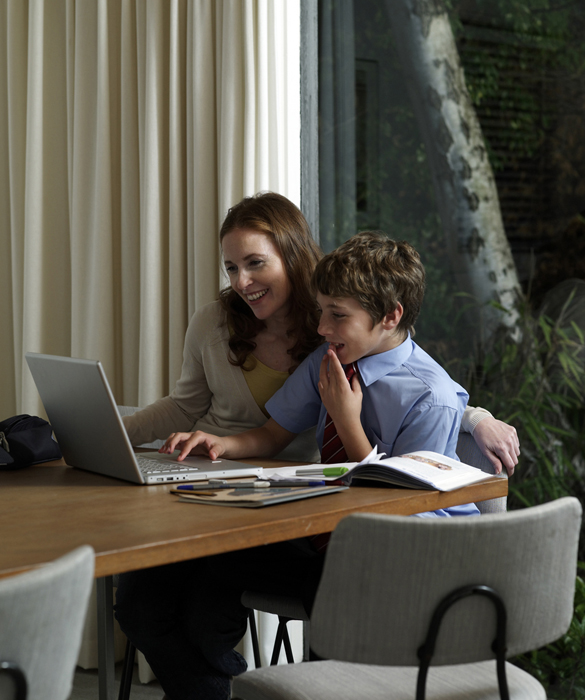
As they grow and mature into adults, children are going to make some mistakes — just as we did. The goal is to help them learn from those mistakes and move on rather than dwelling on them. "Build self-esteem by using words that support and motivate with empathic attunement rather than criticizing," Walfish said.
Deal With It
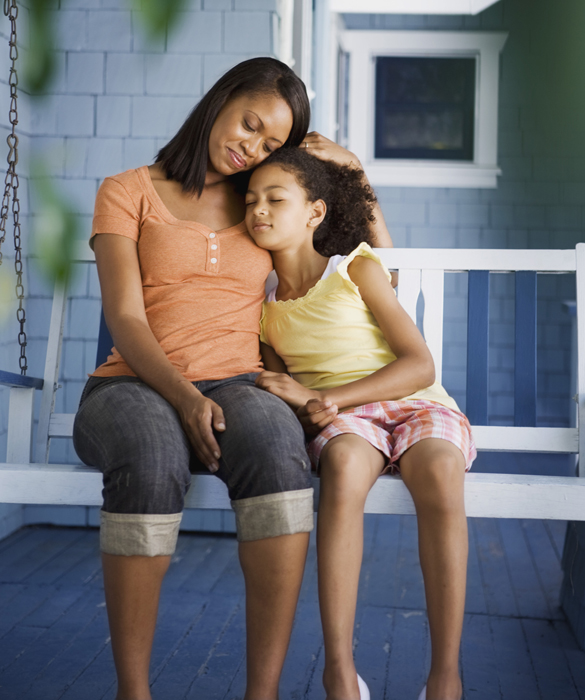
As parents, we try to protect our children from harm, whether that's physical or emotional. We don't want them to get hurt. But unfortunately, standing idly by as they do get hurt is something we must do. "We cannot protect [them from] or prevent life's disappointments," Walfish said. "The best we can do is equip our children with coping skills to deal with inevitable letdowns." When all is said and done, they will be stronger for it.
Reap the Rewards

Giving your child the space to grow and flex her independence won't come all at once. Instead, it will come in baby steps. As your child shows she can deal with that independence in a responsible way, you'll need to respond in kind. "Reward your child's demonstration of good judgment and good behavior with incremental amounts of increased independence and freedom," said Walfish.
Stand Firm
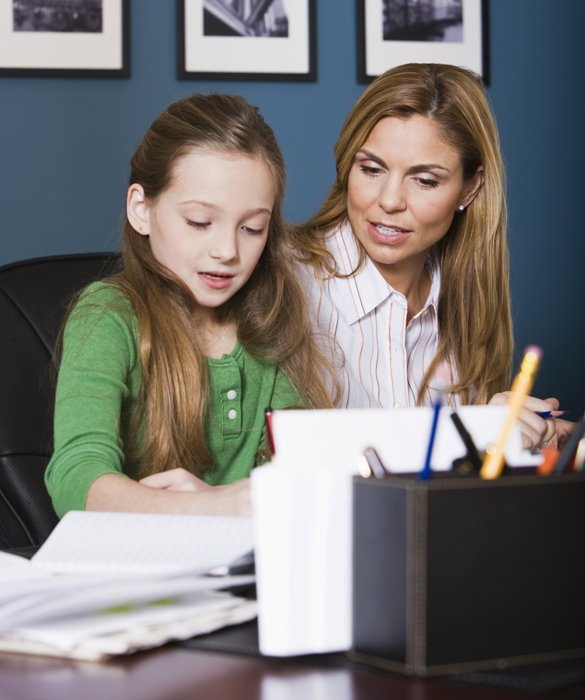
As soon as kids are old enough to hear what their friends have, see and do, they start telling their parents that they, too, need to have it, see it and do it. Sometimes it can be a lot to deal with, but you must find a way. "Do not allow yourself to be pressured by your child," Walfish said. "What her friends are allowed or what her brother was allowed has nothing to do with her individual level of readiness for independence."
Applaud Their Independence
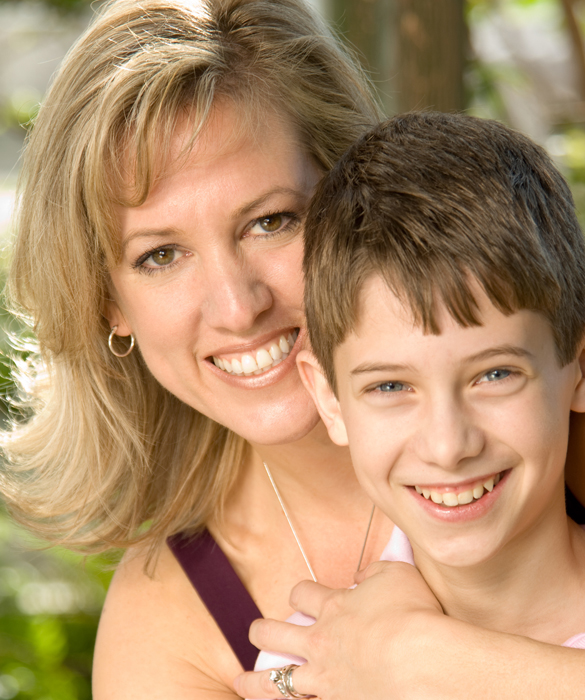
While letting your children stand on their own two feet can test your own nerves, it's important to nurture and praise their incremental steps toward separation, said Walfish. "To be a good parent, you must prepare and equip your child to deal with life and then let them fly on their own," she said. Doing so will benefit both of you in the long run.
Take Care of You

Although it's important to be there for your children, it's equally important for you, as parents, to be there for one another and to rely on family and friends when needed. Walfish advises creating a support system. "It's hard to let go of your child," she said. "But there is life ahead for empty-nest parents." Go ahead and prepare yourself for the exciting time yet to come.
